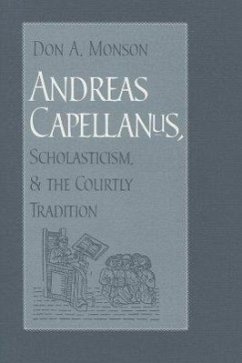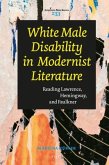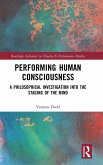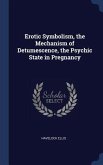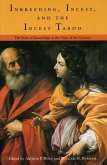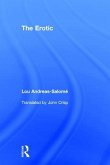This book, the first study in English devoted entirely to Andreas Capellanus's De Amore, presents a comprehensive inquiry into the influence of scholasticism on the structure and organization of the work, applying methods of medieval philosophy and intellectual history to an important problem in medieval literary studies. Eschewing polemics over authorial intentions, Don Monson develops an approach to the work's meaning through an examination of its form. The first part of the book explores the generic identity of the work, both a scientific treatise and a practical manual. It relates this generic complexity to a tension between rhetoric and dialectic and explores the work's intertextual character in terms of the authorities cited and the literary models structuring the discourse. In light of these considerations, Monson examines the modern debate over ironic intentions. The second part of the book studies the work's meaning in terms of a dialectic between four traditions: vernacular poetry, feudal society, Christianity, and Ovid. The author examines the scholastic definition, which defines love generically as an "emotion" (passio innata) and specifically in terms of Aristotelian causality. He then explores Andreas's love psychology and physiology, including the roles of sight, meditation, desire, and will, the physical and mental requirements for loving, and the dynamics of love relationships. Next, the social ramifications of love are discussed: the competing claims of nobility of birth and of merit, and the roles of service, generosity, courtesy, and reputation. The final chapter studies the ethical dimension of the treatise, identifying two complementary components: an attempt toreconcile sexual love with Christian morality, followed by the rejection of love on the grounds of their incompatibility. Monson's thorough examination of the text calls for a recognition of the profound complexity of the De amore, visible in its form and contents. Although n
Hinweis: Dieser Artikel kann nur an eine deutsche Lieferadresse ausgeliefert werden.
Hinweis: Dieser Artikel kann nur an eine deutsche Lieferadresse ausgeliefert werden.

